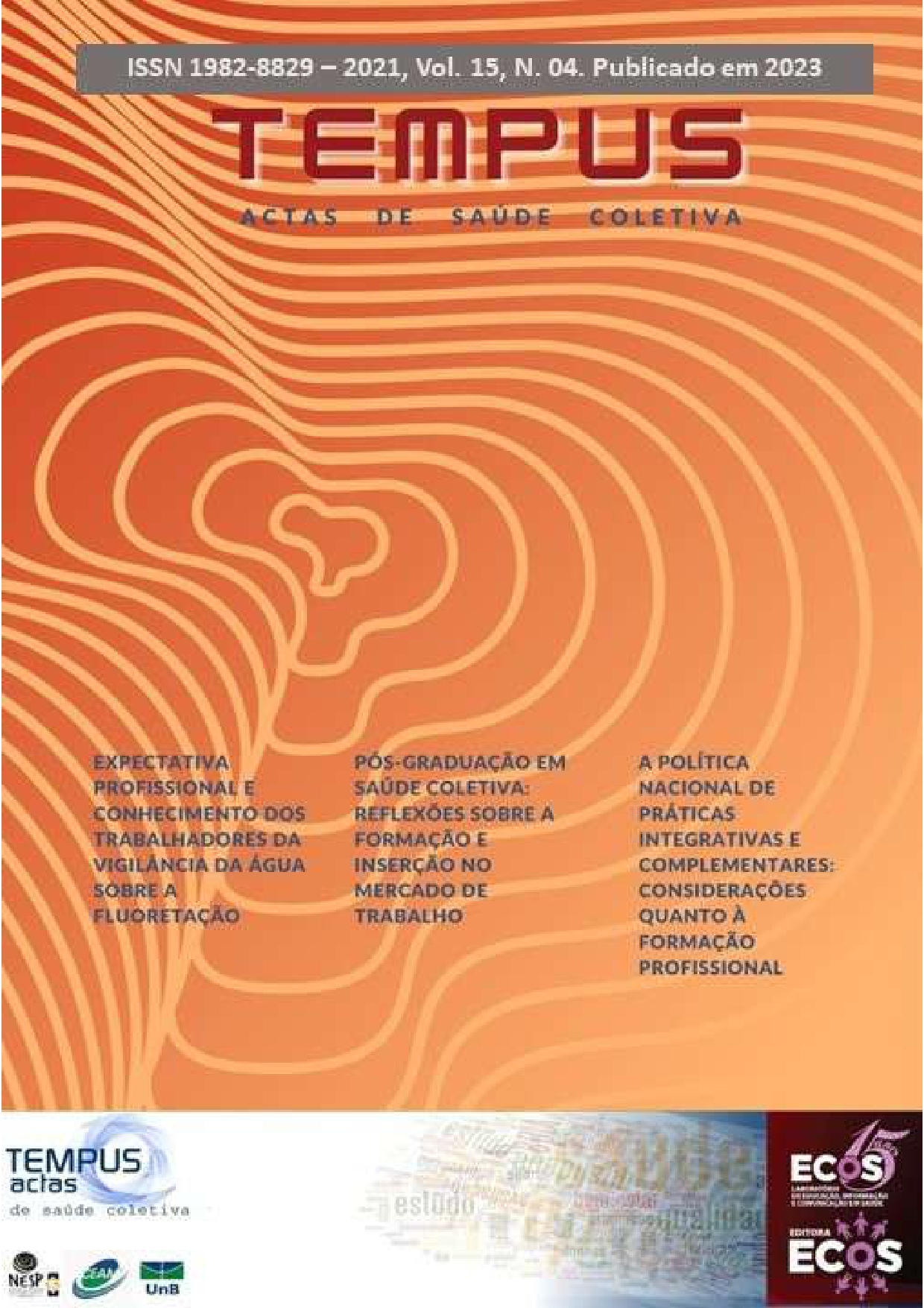Abstract
Sustained by the Federal Constitution of 1988 and other legislations, it can be said that the Brazilian Unified Health System (SUS) is an achievement arising from social movements in a period of singular transformation and reform of the national political scenario. In consecutive years, it faced opposition but managed to remain standing despite the diversities, among which funding stands out. The challenge of following its fundamental principles was sustained in the SUS by the same hands that raised it, however, the attacks on its sustainability are permanent and gradually increasing, especially after the approval of Constitutional Amendments that changed sources and forms of financing. The advent of Covid-19 pandemic brings to the current neoliberal government the paradox of needing a strong SUS in the midst of a consistent project of its dismantling. It is not possible to conceive a system that presents itself as universal, with budgetary containment mechanisms that make it impossible to expand access to public health services and that do not portray the Brazilian reality and its vast population and territorial diversity. It is proposed that underfunding proves to be a problem that tends to crystallize as a priority for SUS and, thus, the conflict will be continuous.

This work is licensed under a Creative Commons Attribution 4.0 International License.
Copyright (c) 2023 Tempus – Actas de Saúde Coletiva
